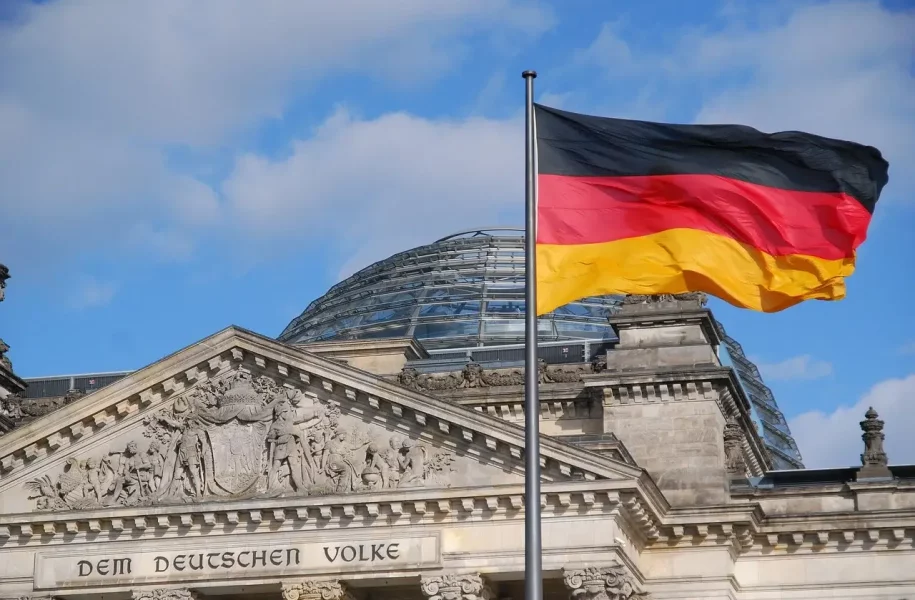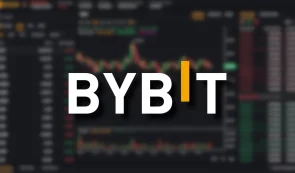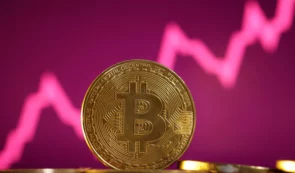Germany’s Recession: Enduring Struggle or Swift Turnaround?

In late May, concerns were confirmed as Europe's largest economy faced a double blow to its Gross Domestic Product (GDP), experiencing a recession with consecutive quarterly declines of 0.5% in the final quarter of the previous year and another 0.5% in the first quarter of 2023.
The recession in Germany, being the leading economy in Europe, has far-reaching implications for the region and the global economy. The question arises whether Germany can swiftly recover from this economic downturn or if a prolonged recession is inevitable.
Federal Minister of Finance Christian Lindner observed the “surprisingly negative signals” in Germany’s GDP data, acknowledging a loss of growth potential compared to other highly developed nations. Germany and Britain were the only European countries predicted to experience a recession in 2023 by the International Monetary Fund (IMF).
Various factors contributed to this economic reality, including soaring prices impacting domestic consumption, underwhelming industrial order books, negative sentiments towards expected interest-rate hikes, and a weak growth outlook for the United States.
Structural factors like the ongoing war in Ukraine, demographic changes, and the energy transition are also expected to weigh on Germany’s economy in the coming years.
The German economy faced significant challenges due to price shocks affecting consumption. High price increases burdened the economy, leading to a decline of 1.2% in household final consumption expenditure in Q1 of 2023, officially confirming the recession.
Energy prices, particularly affected by the Ukraine conflict, severely impacted German businesses and households. The West, including Germany, imposed economic sanctions on Russia due to the war, leading to cut-off gas supplies and soaring gas prices. Additionally, elevated inflation persisted, and unemployment rates in Germany increased, adding to the economic challenges.
READ MORE: BRICS on the Rise: The Alliance and the US Confrontation Narrative
The situation led to a decline in Germany’s status as a global manufacturing powerhouse, with more businesses contemplating moving their activities out of the country. The manufacturing sector faced a significant contraction, leading to weakened business confidence.
The prospects for Germany’s economic recovery remain uncertain, with the inversion of the German yield curve indicating a deeper recession for Germany and the eurozone. As inflation continues to drag down private consumption, the Ifo Institute for Economic Research downgraded its GDP outlook for Germany to -0.4% for this year. Though inflation is expected to cool slightly, private consumption is predicted to shrink before rising again next year.
In summary, Germany’s economic woes have significant repercussions, and a prompt escape from the recession seems challenging. The country faces multiple obstacles on its path to recovery, leaving the global economic outlook uncertain.














